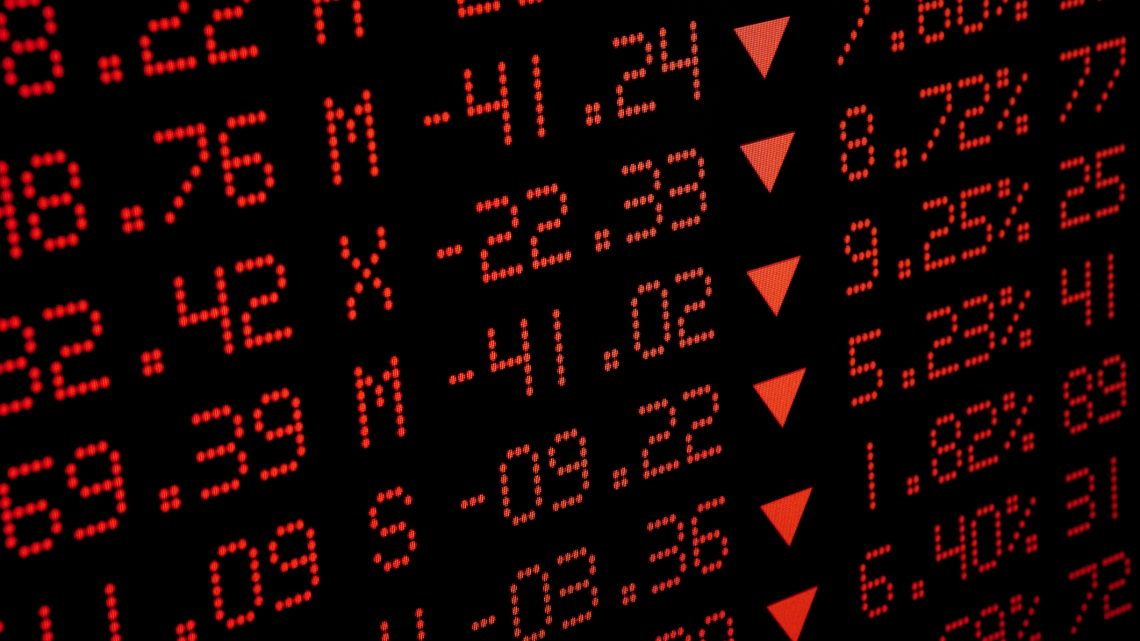Under any other circumstances, the only thing you would be seeing on news sites right now would be discussion about the cratering stock market. As of this writing, the Dow Jones Industrial Average has plunged another approximately 10% in one day, bringing its yearly return to -25.71%. This completely wipes out 2019’s 22.34% gain.
Instead of the stock market dominating news, though, COVID-19 is sitting atop our news feeds. And for good reason. But despite the severity and potential implications of COVID-19, I would like to talk about the bear market we have just entered.
In my short life, I have seen only one other stock market incident like this one: the 2008 financial crisis. This is the case for many people older than me as well. This causes us to assume the worst and believe we are entering a global recession as bad—or worse than—the 2008 recession.
No one knows the full economic impact of COVID-19, the drop in oil prices, the free-falling stock market, and whatever else raises its head during these times, so I am not going to try to predict that. But I do want to answer a few questions that you—the Christian investor, business owner, or employee—may be asking.
What is a bear market?
The term bear market refers to when securities prices fall 20% or more from a recent high. This indicates widespread pessimism toward the economy and an overall negative outlook. A correction refers to when securities fall 10% or more from a recent high. Corrections are actually common and considered by most investors to be healthy. It is a way that the stock market naturally resets itself to a more accurate price after being overvalued. A bear market, on the other hand, is not healthy.
How often do bear markets happen?
Despite being unhealthy for the economy, bear markets are actually relatively common. Since 1945, the S&P 500 has had 23 corrections and 12 bear markets (not including the current one).
How long does a bear market last?
Bear markets last on average about 14 months. It has been the case that on average, the faster the economy enters a bear market, the faster it pulls out of it. This bear market has been the fastest 20% drop on record for the S&P 500. Of course, there are many circumstances influencing this bear market, so there is no way of knowing if that will be true of this one.
How do I know when a bear market is ending?
Investors look for a growth of 20% from a recent low as well as sustained gains for at least six months. This indicates the beginning of a bull market. Bull markets have lasted on average 4.5 years. The most recent bull market, which just ended, has been going for almost 11 years.
What should you do?
A bear market indicates that an overall panic has set in among investors. Panic is never a good thing for the economy. It causes people to do things they will later regret, such as selling off their portfolios. As a Christian, you should follow the advice the Bible gives about panic and rash decisions, such as Isaiah 43:2, Psalm 23:4, or John 13:7.
For the average investor, now is the time to hold onto your stocks—or even to buy more. Stocks that were once expensive are essentially “on sale.” When the economy rebounds (and yes it will, even if we go into a global recession), stocks you buy at these lower prices will make you a good profit.
The worst thing you can do at this point in time is to sell your shares because of fear. You will lose out on enormous amounts of profit, massive potential gains, and be contributing to the overall global panic that seems to have set in.
Sources
https://www.christianpost.com/voices/stock-market-plunge-and-coronavirus.html









